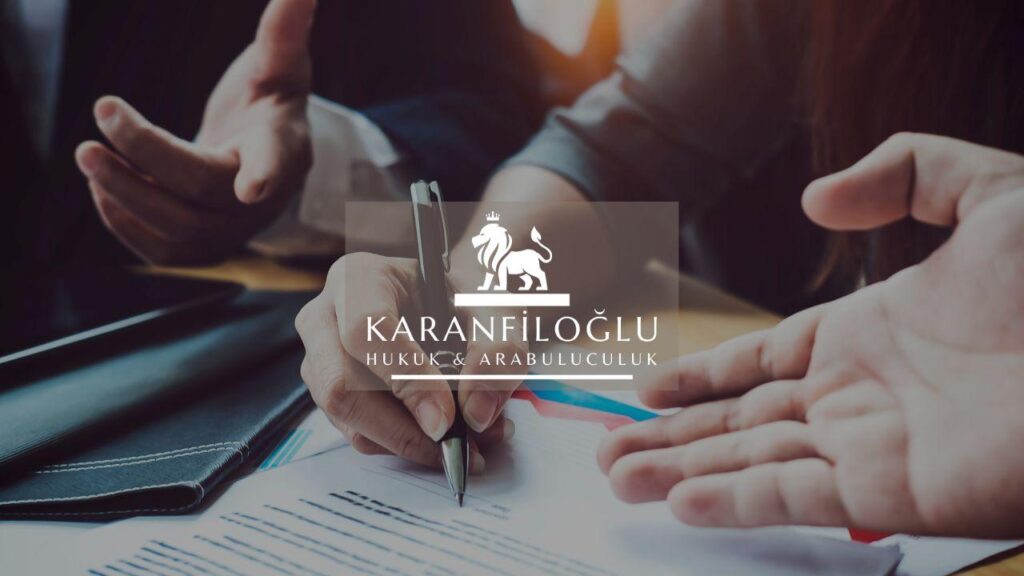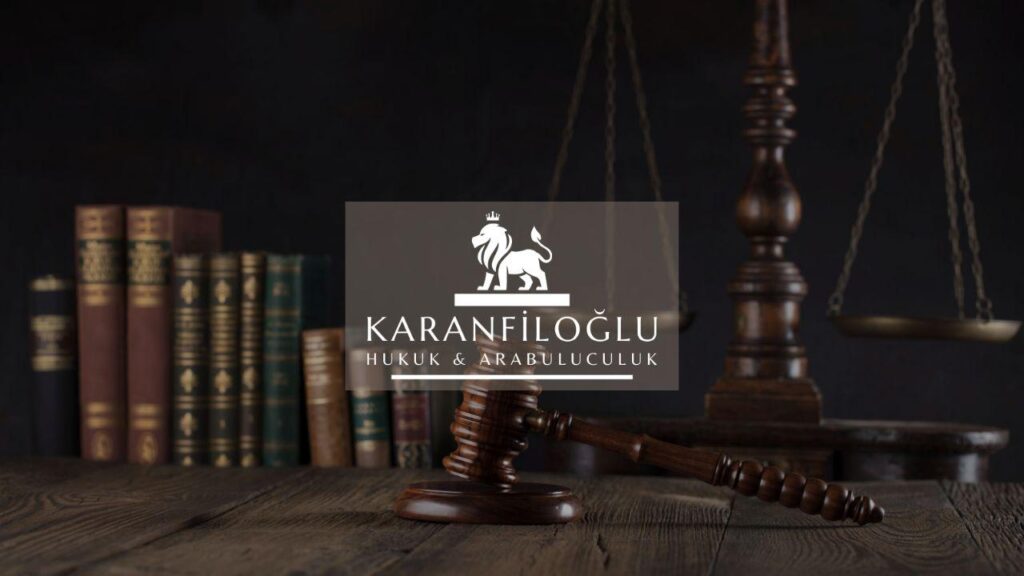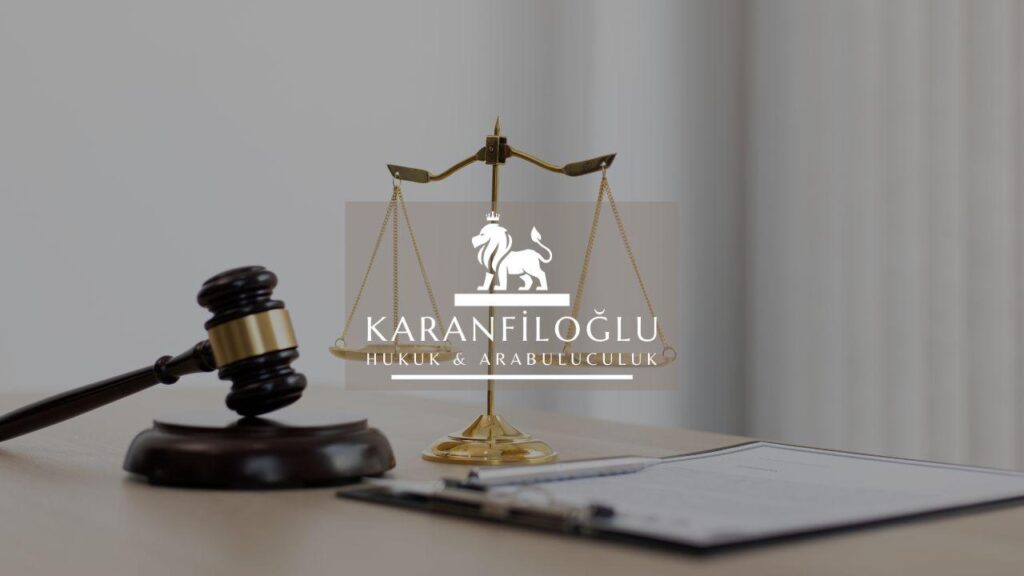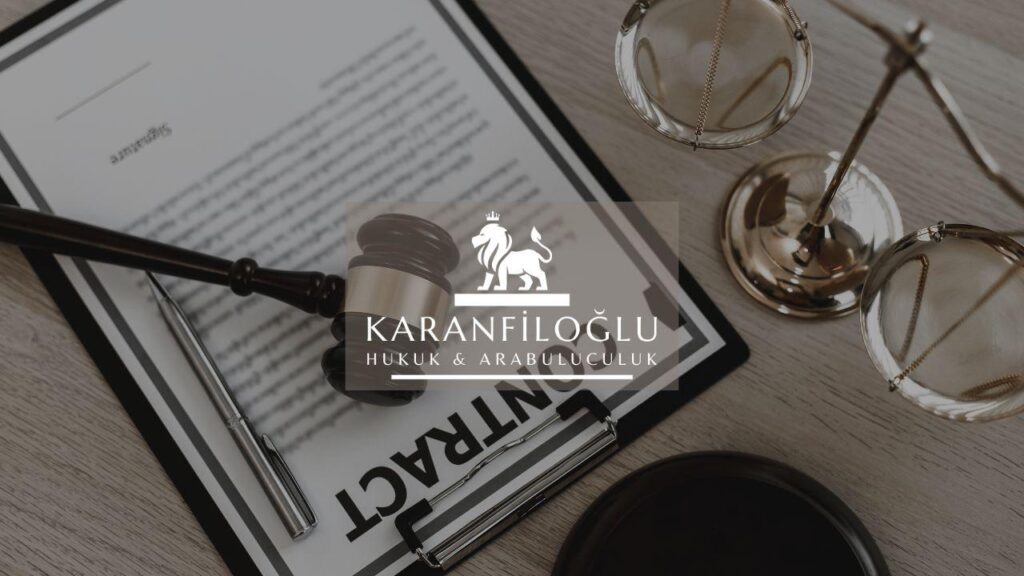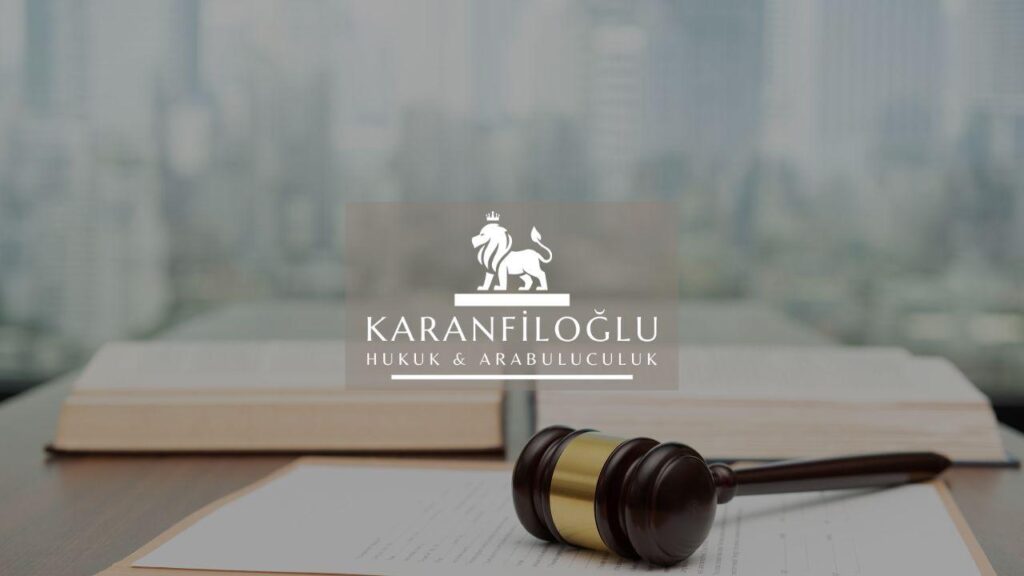Navigating the Turkish criminal justice system can be a complex and daunting task, yet it is crucial for those involved to understand what to anticipate from the courts. The cornerstone of Turkish criminal law, as outlined in the Turkish Penal Code (Law No. 5237) and the Code of Criminal Procedure (Law No. 5271), provides a comprehensive framework governing criminal trials. Individuals facing criminal charges in Turkey should be aware that the process begins with an investigation led by the prosecutor’s office, which is instrumental in deciding whether to proceed with charges. Once charges are filed, Turkish criminal courts operate under the principles of impartiality and fairness, aiming to ensure that all rights, including the right to a fair trial guaranteed by Article 6 of the European Convention on Human Rights, are upheld. At Karanfiloglu Law Office, our dedicated team of legal professionals stands ready to guide clients through each stage of this intricate legal process with proficiency and commitment.
Overview of Turkish Criminal Court Procedures
The Turkish criminal court procedures begin with the initial arraignment, in which the accused is formally informed of the charges against them. This is governed under Article 170 of the Code of Criminal Procedure (Law No. 5271), ensuring the defendant’s right to be promptly informed of the nature and cause of the accusation. Once arraignment is completed, the court may order pre-trial detention if deemed necessary, under strict conditions as outlined in Article 100 of the same code. Otherwise, the accused remains free under judicial control until trial. During the trial phase, the key focus is on presenting evidence by both the prosecution and defense, allowing for the assessment of the accused’s guilt or innocence. Both sides have the right to summon witnesses and present documentation, ensuring an evidentiary basis for the court’s decision, as mandated by Article 217 of the Code of Criminal Procedure. Consequently, the court’s verdict, whether conviction or acquittal, is based on a comprehensive analysis of the presented evidence and testimonies.
In the context of Turkish criminal trials, the role of the judge is particularly central. Judges in Turkey are required to evaluate all presented evidence impartially, maintaining a balance between the prosecution and defense, as stipulated under Article 24 of the Code of Criminal Procedure (Law No. 5271). They are entrusted with the task of safeguarding the procedural rights of the accused, including the right to remain silent and the right to legal counsel, guaranteed by Article 36 of the Turkish Constitution and reflecting international standards. During the trial, the principle of directness is observed, meaning that all evidence must be presented in court to allow the judge to directly assess its credibility and relevance. This principle ensures transparency in proceedings and allows the judge to form an informed judgment. Once all evidence is presented, the court retires to deliberate, with the intention of delivering a fair and reasoned verdict in alignment with both national law and international human rights obligations.
Upon reaching a verdict, the court’s decision is conveyed through a reasoned judgment, which includes a detailed explanation of the legal reasoning and application of relevant laws, as required by Article 230 of the Code of Criminal Procedure (Law No. 5271). This transparency ensures that both the accused and the public understand the basis of the court’s decision, thereby maintaining public confidence in the judicial process. Once a verdict is delivered, parties involved have the right to appeal the decision, a crucial safeguard entrenched in Turkish legal practice. Appeals can be made to a higher court, such as the regional court of appeals or the Court of Cassation (Yargıtay), depending on the nature of the case and grounds for appeal. This multi-tiered review process, anchored in Article 272 of the Code of Criminal Procedure, ensures that judicial errors can be rectified, thus upholding the accused’s right to due process and fostering a robust legal system. At Karanfiloglu Law Office, our legal experts are committed to advising clients through every possible outcome and subsequent appeal processes, ensuring thorough representation and advocacy.
Key Differences Between Turkish and Other Jurisdictions
One notable difference between the Turkish criminal justice system and other jurisdictions lies in the investigative role played by the prosecutor’s office. In Turkey, under Article 160 of the Code of Criminal Procedure (Law No. 5271), the prosecutor holds significant authority to conduct or oversee thorough investigations, often with assistance from law enforcement, to determine if there is sufficient evidence to justify proceeding with charges. This contrasts with systems where the investigative and prosecutorial functions are separate. Additionally, the rights of the accused during this phase are strictly preserved, aligning with Article 147 which mandates the presence of a defense lawyer during interrogations if the accused so chooses. This procedural emphasis on safeguarding individual rights, while maintaining the efficiency of legal proceedings, highlights the hybrid nature of the Turkish system, which borrows elements from both civil law and common law traditions.
Another key difference is the role and influence of judges during Turkish criminal proceedings. In the Turkish system, judges have an active duty to uncover the material truth, as outlined in Article 217 of the Code of Criminal Procedure (Law No. 5271). They are not merely passive arbiters of the facts presented by the prosecution and defense but are expected to actively engage in the examination of evidence and witnesses. This duty contrasts with common law jurisdictions, where the judge’s role is primarily to ensure a fair process while the jury determines the facts. Furthermore, Turkish judges have the power to order additional evidence collection or summon new witnesses if deemed necessary to reach a just verdict. This proactive approach aims to uphold justice more effectively but requires the judges to maintain neutrality and integrity throughout the trial process.
One of the most distinctive aspects of the Turkish criminal legal system is its approach to sentencing and appeals. In Turkey, the initial judgment rendered by the court is generally subject to a two-tier appeal process, ensuring thorough judicial oversight. According to Article 272 of the Code of Criminal Procedure (Law No. 5271), parties have the right to file an appeal against judgments rendered by criminal courts, allowing the examination of both factual and legal aspects of the initial decision. Moreover, if a party remains unsatisfied after the appeal, they may take their case to the High Court of Appeals—Yargıtay—under Article 284, which serves as the supreme judicial instance reviewing legal conformity rather than factual re-assessment. This layered appeal process underscores a commitment to maximizing fairness and accuracy in criminal adjudication, setting it apart from systems where appellate review may be more limited or discretionary. The multiplicity of stages in review not only ensures a comprehensive examination but also promotes transparency and accountability within the Turkish judicial framework.
How to Prepare for a Criminal Case in Turkey
When preparing for a criminal case in Turkey, it is essential to gather all relevant documentation and evidence pertinent to the defense. This preparation should include a comprehensive review of the investigation file, which the accused’s legal representatives can access in accordance with Article 153 of the Code of Criminal Procedure (Law No. 5271), unless limited by confidentiality orders. Engaging with an experienced criminal defense attorney from Karanfiloglu Law Office can significantly impact the outcome, as they can provide expert guidance, identify crucial evidence, and strategize a defense plan tailored to the specifics of the case. Additionally, understanding one’s rights throughout the judicial process is vital, ensuring that the rights to remain silent, as stated in Article 147 of the same law, and to legal assistance, as emphasized in Article 149, are preserved. Early and proactive engagement with legal counsel can help mitigate risks and strengthen the defense strategy.
Another key aspect of preparing for a criminal case in Turkey is the importance of witness testimony and expert opinions. According to Article 58 of the Code of Criminal Procedure (Law No. 5271), witness statements can profoundly influence the proceedings, making it crucial to ensure that witness reports are detailed and credible. Additionally, experts can be appointed under Article 63 to provide specialist knowledge that supports the defense. At Karanfiloglu Law Office, we coordinate with skilled investigators and reputable experts who assess the nuances of each case to offer compelling insights in court. It is also advisable for defendants to prepare for court appearances by understanding courtroom decorum and the procedural expectations, thereby demonstrating respect for the legal process, which reflects positively on the defense. From leveraging witness testimony to engaging expert assessments, comprehensive preparation under the guidance of proficient legal practitioners can significantly shape the course of a defense strategy.
Finally, maintaining open communication with legal counsel and being responsive to their guidance is pivotal in navigating criminal cases in Turkey. Consistent interaction with attorneys at Karanfiloglu Law Office helps to ensure that all elements of the case are addressed meticulously, affecting the dynamics of courtroom arguments and negotiations positively. Transparency between the client and legal team fosters a strong defense, as lawyers need a full understanding of the facts to anticipate potential challenges and preemptively mitigate them. Additionally, being mentally and emotionally prepared for the proceedings is crucial, allowing individuals to better handle the stress associated with criminal trials. Active collaboration with dedicated legal professionals cultivates a cohesive strategy, empowering defendants as they face the complexities of the Turkish criminal justice system with confidence. This approach, fortified by perpetual legal support and expertise, strives to uphold the defendant’s rights and aims for the most favorable outcome within the intricate framework of Turkish law.
Disclaimer: This article is for general informational purposes only and you are strongly advised to consult a legal professional to evaluate your personal situation. No liability is accepted that may arise from the use of the information in this article.


